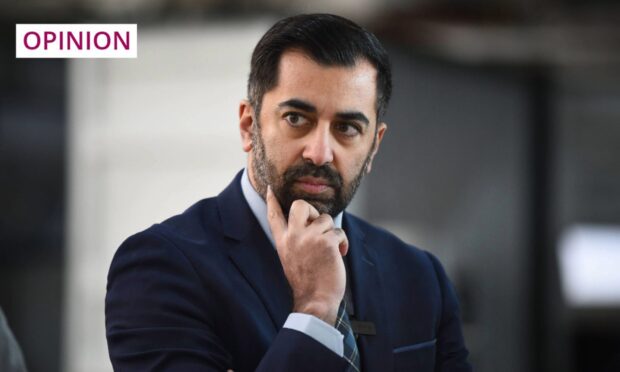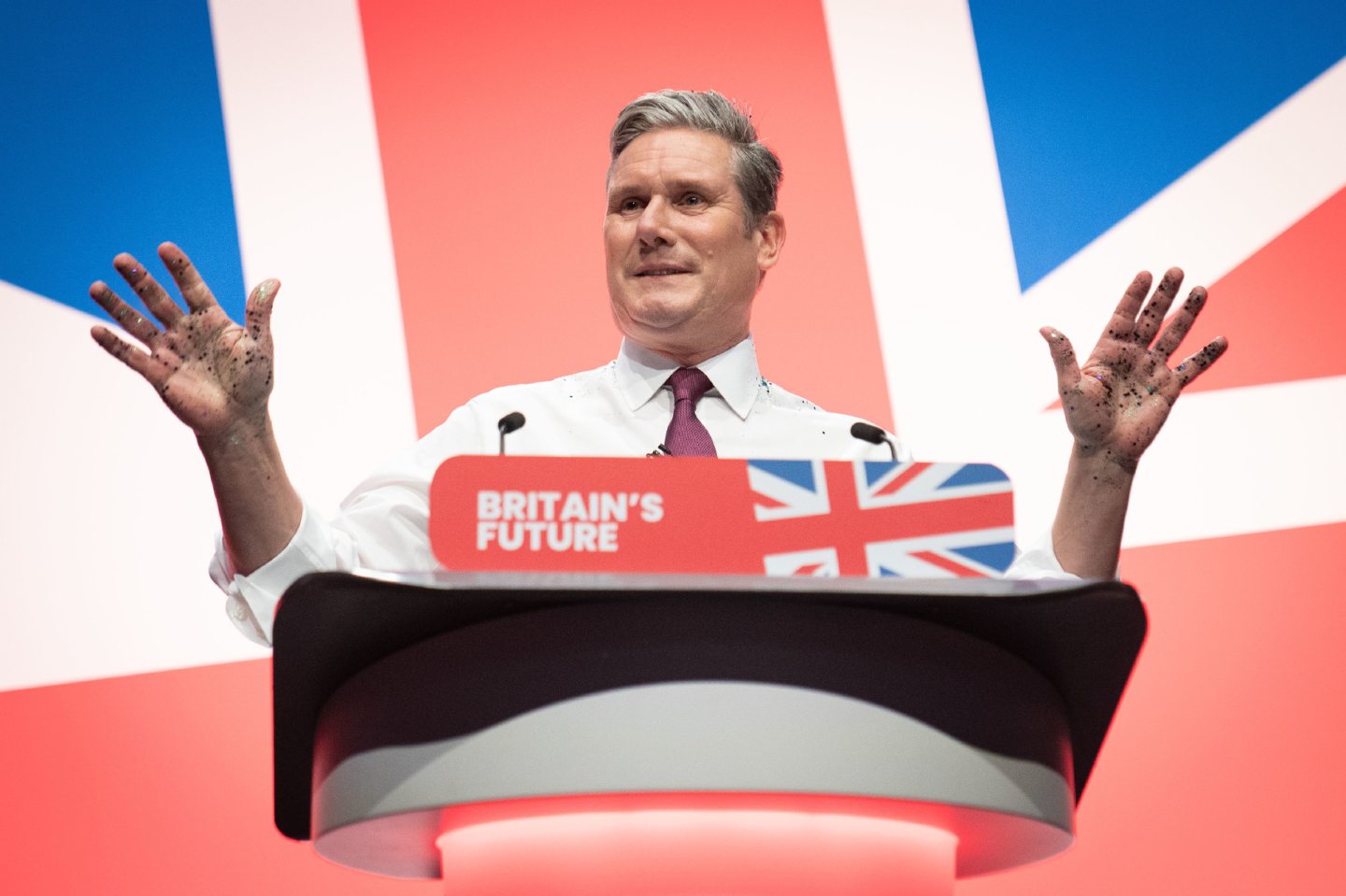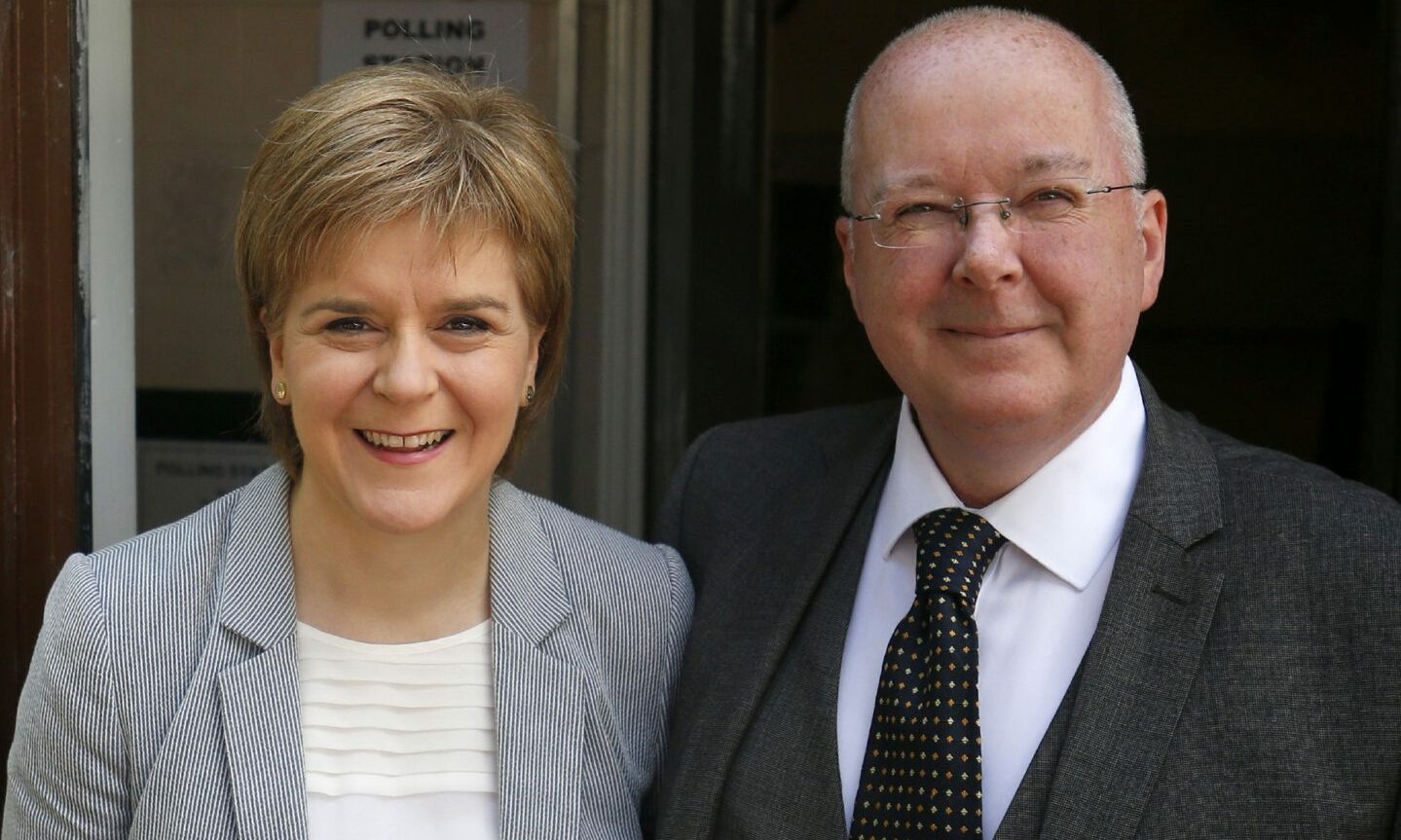Last week, the SNP officially launched its general election campaign at an event in Glasgow. Of course, we don’t yet even know when that vote will be held, other than some time this year.
Many pundits have suggested in the past that it’s likely to take place in late spring, perhaps April or May. However, hints by Prime Minister Rishi Sunak suggest that an autumn date is now far more likely.
Recent polls predicting a disastrous election for the Conservatives will only have confirmed that likelihood, with the Tories desperately hoping for an upswing in their fortunes over the summer, as inflation falls alongside household bills.
So, why has the SNP launched its campaign so early? Well, according to the polls, they’ve a lot of catching up to do.
In addition, Westminster elections are always difficult for the party, as it’s squeezed in the UK media by the only two contenders for government: the Conservatives and Labour. As election day nears, news coverage will be dominated by Sunak and Keir Starmer, with Humza Yousaf, never mind Stephen Flynn, struggling to get airtime.
Most observers expect the SNP to lose a number of seats when the election comes, and I cannot disagree with that. But just how many seats the party will lose is almost impossible to predict, due to the first-past-the-post voting system still used at Westminster elections.
This can give wildly differing outcomes in the number of seats won by each party with a relatively small swing in the share of votes. In 2015, just a year after the independence referendum, the SNP won 50% of the vote in Scotland. But that gave the party 56 out of 59 seats – 95% of the Scottish seats. Two years later, its vote fell to 37%, yet the SNP still managed to win 35 seats: a comfortable majority of the Scottish constituencies.
Another two years later, in 2019, the SNP’s vote went back up to 45%, and it won 48 seats. That election saw Labour win its lowest share of the vote in Scotland for over a century. And the fact that Labour is coming from such a historic low vote is one of the reasons why the prospects for the SNP this time around are so difficult to predict.
SNP would bite your hand off for a repeat of 2017 results
Current polling puts the Nationalists at around 37% – roughly where they were in 2017, when they won 35 seats. A result similar to that would see the SNP losing only eight seats, as it’s currently on 43, having already lost two seats from defections to the Alba Party, one defection to the Conservatives, Angus MacNeil now sitting as an independent, and losing another seat at the Rutherglen by-election.
In constituencies where it’s seen as a straight fight between Labour and the SNP are likely to vote tactically for Labour
The prospects for the Conservatives across the UK are dire, and in Scotland that can only help Labour. I don’t believe the Tories will be wiped out north of the border, as core support in the party’s heartland constituencies is pretty solid.
However, Conservative voters in constituencies where it’s seen as a straight fight between Labour and the SNP are likely to vote tactically for Labour. And that tactical voting could see the Nationalists losing far more seats this time than they did in 2017, even if, as polls suggest, they win a similar share of the vote as they did in that election.
SNP MPs throughout the Central Belt of Scotland in particular must be very worried.
Independence isn’t the most urgent issue
What’s caused the slump in the SNP’s support? The party has chosen the wrong policies on which to campaign. Issues such as gender recognition reform, the deposit return scheme, and highly protected marine areas (all policies actually championed by the Greens) were unpopular and ill-thought-out. Unsurprisingly, they’ve all either been dumped or kicked into the long grass. But the damage has been done.
Added to that, we’re still waiting for a couple of ferries to be completed, along with the dreadful optics of a first minister and her husband being questioned by police over allegations of missing party funds.
Putting independence front and centre of the SNP’s election campaign may not be such a great idea either, given that, for the majority of voters – even SNP supporters – the economy and the cost of living, not independence, are the main issues on which they’ll be voting this year.
All in all, it doesn’t appear that the upcoming general election is one which the SNP will relish. It’s likely to be bad for them, though just how bad I don’t believe anyone can yet say with certainty.
Campbell Gunn is a retired political editor who served as special adviser to two first ministers of Scotland, and a Munro compleatist



Conversation